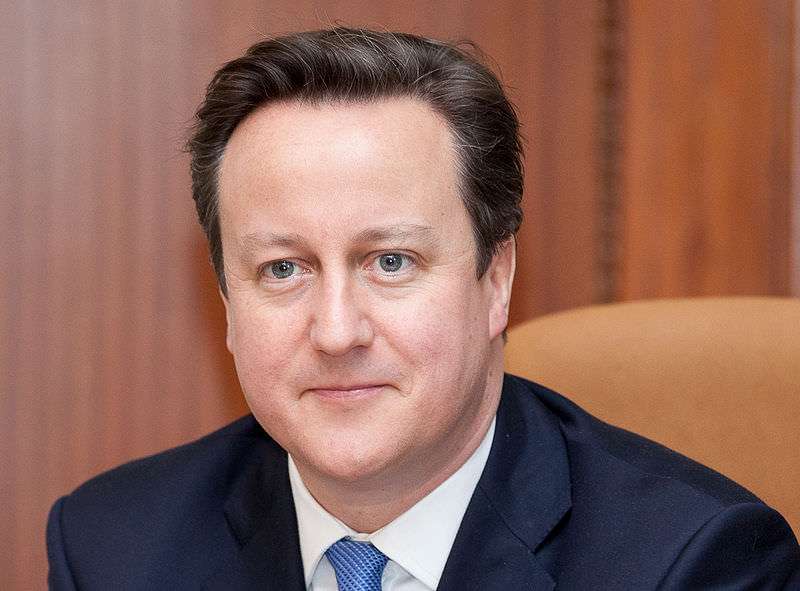David Cameron Outlines Proposed Changes to UK-EU Relationship


Last weekend British Prime Minister David Cameron wrote an article in The Sunday Telegraph outlining changes to the British relationship with the European Union that he hopes to pursue ahead of the referendum on E.U. membership he has promised to hold by the end of 2017 if the Conservatives win the next general election.
Cameron, who is in favor of British membership in the E.U., wants Britons to choose between voting to leave the E.U. or for a renegotiated membership.
Recent Yougov polling shows that 39 percent of the British public would vote to leave the E.U. and 41 percent would vote to stay.
Cameron's proposed changes are the following:
- Having "Powers flowing away from Brussels, not always to it."
- National parliaments being able to work together in order to block E.U. legislation.
- Cutting red tape for businesses in order to strengthen European businesses and opening up trade with the U.S. and Asia.
- Removing E.U. interference with British policing and criminal justice policy.
- Allowing for the free movement of people to work, but not to claim benefits.
- Allowing for the expansion of the E.U. without allowing for mass migration.
- Ensuring that the U.K. is "no longer subject to" the concept of an "ever closer union."
Whatever your opinions on Cameron's proposed changes, it is unlikely that even if fully implemented that the reforms would be enough to satisfy many euroskeptic Conservatives who, the political editor of the Financial Times rightly points out, "want a much more fundamental scaling back of the E.U. into little more than a free trade organisation."
The next European elections will take place in May, and Cameron as well as other Conservatives will be sure to keep an eye out for how well the euroskeptic United Kingdom Independence Party (UKIP) does. UKIP, which currently has no seats in the British House of Commons but does have seats in the European Parliament, has been enjoying a degree of popularity that, if continued, could result in not only increased support in May's election, but also the Conservatives losing votes at the next general election, thanks to their comparatively weak stance on British membership of the E.U.
Editor's Note: As of February 29, 2024, commenting privileges on reason.com posts are limited to Reason Plus subscribers. Past commenters are grandfathered in for a temporary period. Subscribe here to preserve your ability to comment. Your Reason Plus subscription also gives you an ad-free version of reason.com, along with full access to the digital edition and archives of Reason magazine. We request that comments be civil and on-topic. We do not moderate or assume any responsibility for comments, which are owned by the readers who post them. Comments do not represent the views of reason.com or Reason Foundation. We reserve the right to delete any comment and ban commenters for any reason at any time. Comments may only be edited within 5 minutes of posting. Report abuses.
Please to post comments


How exactly is that going to work?
"One does not simply walk into Brussels and devolve power to Great Britain!!!!!."
Geez, Cameron. You take all that away and what's left for Brussels to do?
Allowing for the free movement of people to work, but not to claim benefits
Sounds RACIST
Cameron wants to stay in the EU and stay in charge and hence offers a few meaningless sops to voters in hopes of blunting anti-EU sentiment enough to get elected again.